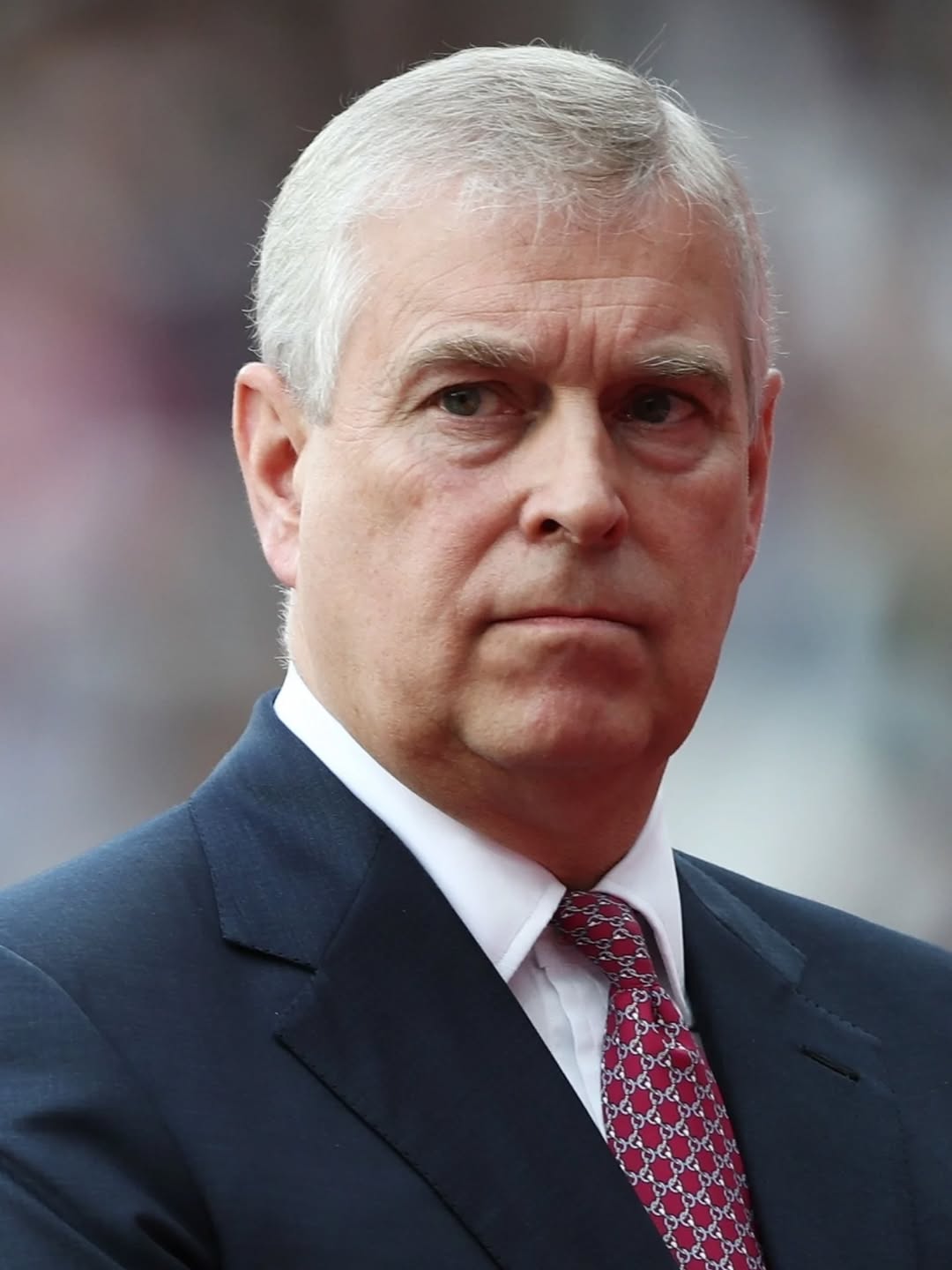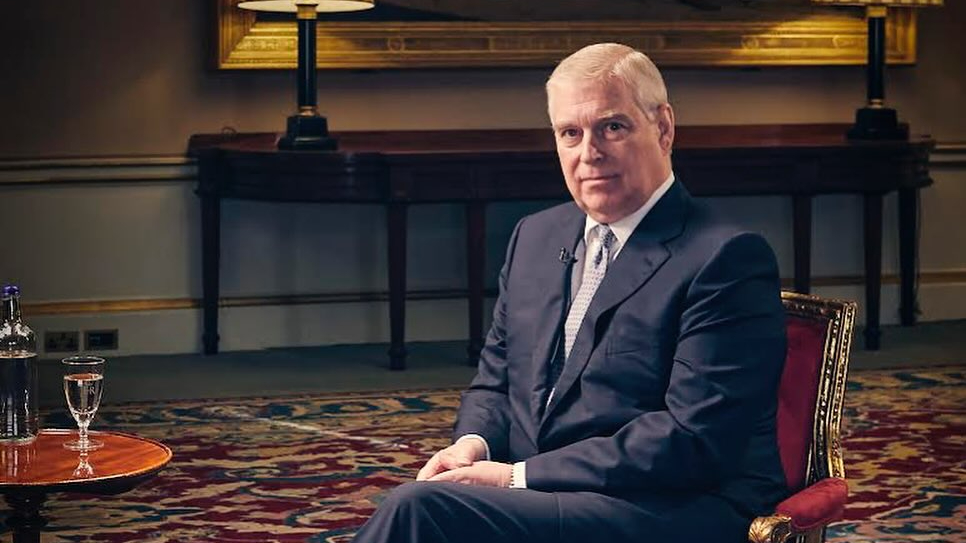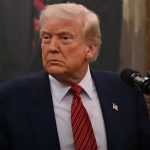Prince Andrew Gives Up His Royal Titles — And Faces the Harsh Financial Reality Behind the Palace Walls
As of October 2025, Prince Andrew has officially relinquished his royal titles, including Duke of York, in a move that many believe was long overdue. The decision follows years of scandal and legal fallout surrounding his links to Jeffrey Epstein. While largely symbolic, the change could significantly affect his personal finances from his multimillion-pound Royal Lodge home to the loss of taxpayer-funded security, marking the end of his privileged royal existence.
A Royal Reckoning That Was Years Too Late
For years, the British public has asked the same question: Why is Prince Andrew still a royal? Now, at last, the answer has come. On 17 October 2025, the Duke of York confirmed he would no longer use any royal titles or styles, effectively stepping out of the monarchy’s formal fold.
It’s a move many royal watchers argue “should have happened long ago”, after his catastrophic BBC Newsnight interview and the subsequent civil lawsuit tied to Jeffrey Epstein’s sex-trafficking network. This latest development isn’t just about optics — it’s about money, power, and the crumbling foundation of royal privilege.

Prince Andrew
The Financial Reality: Life Without the Crown’s Safety Net
Prince Andrew’s withdrawal from royal life is more than symbolic. It’s a financial downsizing. Once supported by a reported £250,000 annual allowance and protected by publicly funded security, the prince now faces paying his own way — something he hasn’t had to do in decades.
His main residence, the Royal Lodge in Windsor, is a sprawling 30-room property he leases from the Crown Estate under a 75-year agreement. He reportedly paid around £1 million for the lease and invested £7.5 million in renovations. Now, public pressure is growing for him to either vacate or start paying market rates, given his diminished royal role.
Royal finance expert David McClure, author of Royal Privilege: The Queen’s True Worth, told the BBC:
“Without official duties or public funding, Andrew is essentially a private citizen living in a royal palace. It’s a contradiction that’s becoming harder for the Palace to defend.”
Without state protection, his private security costs could exceed £3 million per year, covering 24-hour personal protection and surveillance. Add the loss of official travel budgets, staff, and ceremonial privileges, and it’s clear: his royal comfort zone is gone for good.
The Legal and Reputational Fallout
Andrew’s financial losses stem directly from the legal and reputational collapse surrounding his connection to Epstein. Though he settled a civil case with Virginia Giuffre in 2022, reportedly for over £10 million, the damage to his image remains irreversible.
By renouncing his titles, King Charles III effectively drew a line between the monarchy and Andrew’s scandals. It’s the royal equivalent of a corporate board forcing out a disgraced CEO to protect the brand. As crisis management consultant Mark Borkowski told The Guardian:
“This isn’t rehabilitation — it’s containment. The monarchy is protecting its balance sheet, not Andrew’s reputation.”
The move has also prompted fresh parliamentary discussion about royal finances, particularly around public property rights and the transparency of Crown Estate leases an angle that could bring further scrutiny to Andrew’s lifestyle.

Jeffrey Epstein
A Brand Without a Kingdom
Without royal duties or endorsements, Prince Andrew’s personal “brand” has effectively vanished. Once a trade envoy for the UK and a fixture at international events, he is now persona non grata in both diplomatic and business circles. His former business initiative, Pitch@Palace, folded years ago, and corporate invitations have evaporated.
He retains personal wealth, estimated between £20 million and £30 million, from inheritance, military pension, and private investments. But unlike his nephew Prince Harry, Andrew lacks the public appeal to monetize his name through media deals or public speaking.
What remains is a costly estate, shrinking network, and a tarnished reputation that even royal lineage cannot restore.
The Bigger Picture: Royal Governance Meets Corporate Accountability
This saga is more than a royal scandal; it’s a lesson in governance and accountability. For years, the monarchy acted as a shield for one of its most controversial figures. Now, in the era of transparency and public scrutiny, that shield has shattered.
The financial and legal implications of Andrew’s downfall mirror corporate crisis playbooks, when a brand’s integrity is threatened, liabilities are cut loose. His retreat underscores how reputation has become the monarchy’s most valuable — and vulnerable, asset.
According to analysis reviewed by CEO Today, the palace’s handling of the Duke of York marks a pivotal shift in royal management strategy: protecting the institution by holding its own accountable.
What’s Next for Prince Andrew
-
Home under pressure: The future of Royal Lodge remains uncertain amid public anger over royal property privileges.
-
No more taxpayer funding: His security, travel, and staff must now be privately funded.
-
Shrinking circle: Charities, sponsors, and high-profile contacts have cut ties.
-
Irreversible image damage: A return to public life appears impossible under King Charles’s reign.
In short, the prince who once lived by entitlement now lives under audit.
Final Verdict
Prince Andrew’s surrender of royal titles is not an act of redemption, it’s an overdue correction. His financial independence, long cushioned by privilege, is now under the microscope.
For the monarchy, this is a strategic move to preserve credibility in a modern era of accountability. For Andrew, it’s the end of a gilded chapter — and the start of a much less comfortable reality.
As one royal insider told The Times:
“This is the closest thing to exile the British monarchy can deliver — and it’s entirely self-inflicted.”
Frequently Asked Questions: Prince Andrew’s Titles, Wealth & Future
1. Why did Prince Andrew give up his royal titles?
Prince Andrew relinquished his royal titles, including Duke of York, on October 17, 2025, after continued public and institutional pressure following his association with Jeffrey Epstein and the 2022 civil lawsuit settlement with Virginia Giuffre. The decision, backed by King Charles III, aims to protect the monarchy’s reputation and distance the institution from Andrew’s scandals — a move many royal commentators have called “long overdue.”
2. How much is Prince Andrew worth in 2025?
Prince Andrew’s net worth is estimated at £20 million to £30 million as of 2025, according to royal finance analysts. His wealth largely comes from inheritance, investments, and his naval pension, rather than active income. He no longer receives taxpayer funding or Sovereign Grant support, and now faces significant personal expenses — including private security estimated at over £3 million annually.
3. What will happen to Prince Andrew’s home, the Royal Lodge?
Prince Andrew currently resides at the Royal Lodge in Windsor, a 30-room mansion leased from the Crown Estate until 2078. However, since relinquishing his royal titles, his occupation of the property has come under heavy scrutiny. Critics argue that a non-working royal should not live rent-free on public land. Reports suggest discussions are ongoing within the Palace about whether he should vacate, pay market rent, or relocate in the coming years.
4. Can Prince Andrew ever return to royal life?
A return to public royal duties is highly unlikely. Both King Charles III and Prince William reportedly agree that Andrew’s role in public life is “over for good.” His reputation remains tarnished, and the monarchy has made clear it will prioritize transparency and accountability over bloodline privilege. While he remains a prince by birth, his royal career — and the privileges tied to it — are effectively finished.














